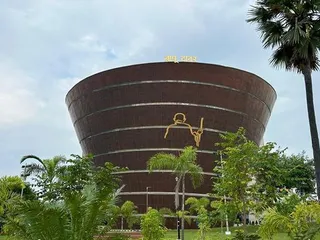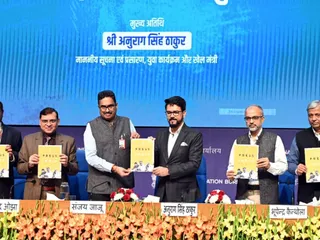Bihar, a state steeped in history and culture, boasts a rich tapestry of agricultural and handicraft products. Many of these unique items have earned the prestigious Geographical Indication (GI) tag, a mark that signifies their origin and superior quality, intrinsically linked to their specific geographical location. This recognition not only protects the producers' intellectual property rights but also enhances the market value of these products, contributing significantly to the state's economy and cultural preservation.
Prominent GI Tagged Products of Bihar:
- Madhubani Painting: This traditional folk art, originating from the Mithila region, is known for its vibrant colors, intricate detailing, and depiction of mythological scenes. The GI tag safeguards the authenticity of Madhubani paintings, preventing counterfeits and protecting the livelihoods of the artists.
- Magahi Paan: Cultivated in the Magahi region, this particular variety of betel leaf is prized for its distinctive flavor and aroma. The GI tag ensures the preservation of its unique characteristics and protects its reputation in the market.
- Shahi Litchi: Grown in Muzaffarpur, Shahi Litchi is renowned for its exquisite taste and aroma. Its GI tag ensures that only the authentic litchis from this region are marketed under this name, protecting both consumers and producers.
- Katihar Silk: Known for its delicate texture and vibrant hues, Katihar silk is a testament to Bihar's rich weaving traditions. The GI tag ensures that the genuine silk maintains its quality and reputation.
- Other potential GI products: Bihar has several other products with the potential for GI registration, including various types of rice, mangoes, and other handicrafts. Efforts are underway to obtain GI tags for these products, further strengthening the state's economic and cultural landscape.
Economic and Cultural Significance:
The GI tag plays a crucial role in empowering local artisans and farmers. It allows them to command better prices for their products, enhancing their income and improving their living standards. The protection offered by the GI tag also encourages innovation and the preservation of traditional production methods, ensuring that these valuable skills and knowledge are passed down through generations. Furthermore, the GI tag promotes Bihar's cultural heritage on a global platform, boosting tourism and attracting investment in the state.
The government of Bihar is actively involved in promoting GI-tagged products, organizing workshops, providing training, and facilitating market access for producers. This support is essential for maximizing the benefits of the GI tag and ensuring the long-term sustainability of these traditional industries.
In conclusion, the GI tag initiative in Bihar is a testament to the state's commitment to preserving its rich cultural heritage and empowering its local communities. By safeguarding the authenticity and quality of its unique products, Bihar is not only protecting its heritage but also securing its economic future.








-(20)jpeg-1745030278713.jpeg.webp)















 (24)jpeg-1722421859875.jpeg.webp)





























